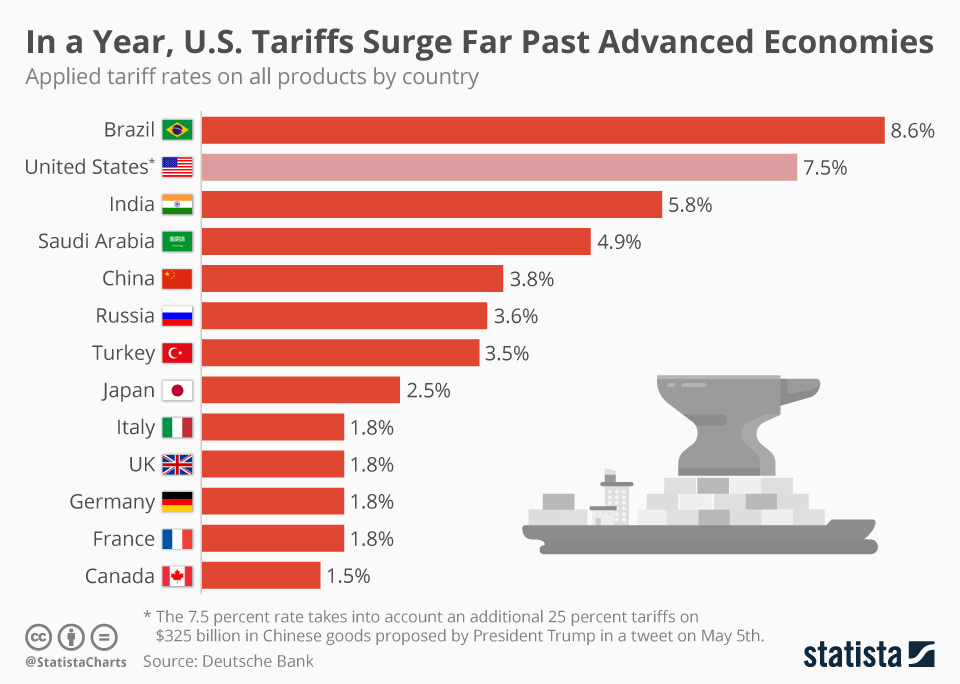Ukraine-Russia Negotiations: Zelensky's Response To Trump's Mediation Efforts

Table of Contents
Zelensky's Initial Reaction to Trump's Offer
Public Statements and Official Channels
Zelensky's public response to Trump's mediation offer was swift and firm, though not explicitly a rejection. While he acknowledged the offer, he emphasized the importance of impartiality and adherence to international law in any mediation efforts. Notably absent was any enthusiastic embrace of Trump's involvement. He highlighted Ukraine's commitment to working with established international partners and organizations within existing negotiation frameworks. There were no direct quotes endorsing Trump's role as a mediator. The overall tone suggested a cautious skepticism, prioritizing established diplomatic channels.
Behind-the-Scenes Dynamics
Reports suggest that within the Ukrainian government, there was considerable debate regarding Trump's offer. Concerns over Trump's perceived pro-Russian stance, fueled by his past statements and actions, dominated these discussions. The lack of trust in Trump's impartiality, compounded by doubts about his commitment to Ukraine's territorial integrity, likely played a significant role in shaping Zelensky's cautious public stance. Sources close to the administration hinted at a deep-seated concern that accepting Trump’s mediation could undermine Ukraine's relationships with key allies and damage its international standing.
- Zelensky's public statements avoided a direct rejection, focusing instead on the need for credible and impartial mediation.
- Internal discussions within the Ukrainian government highlighted deep concerns about Trump's neutrality and potential bias.
- The perceived risk to Ukraine's international alliances weighed heavily in the decision-making process.
Analyzing the Feasibility of Trump's Mediation
Trump's Perceived Neutrality
The credibility of Trump as a neutral mediator is highly questionable. His past statements expressing admiration for Vladimir Putin, coupled with his business dealings in Russia, cast serious doubt on his impartiality. His consistent undermining of NATO and questioning of US support for Ukraine further eroded his perceived neutrality in the eyes of the international community and, critically, Zelensky’s government. The perception of bias was a significant obstacle to accepting his offer.
International Community's Response
The international community largely dismissed Trump's offer. NATO allies, the European Union, and the United States expressed a preference for established diplomatic channels and mediators known for their neutrality and commitment to international law. The near-universal rejection of Trump's offer from Ukraine’s key allies undoubtedly influenced Zelensky's cautious response. The lack of international support underscored the inherent risks of engaging with Trump's mediation initiative.
- Trump’s past statements and actions raised serious questions about his impartiality and suitability as a mediator.
- The international community largely rejected Trump’s offer, strengthening Zelensky’s resolve to maintain existing diplomatic efforts.
- The lack of international backing made Trump's mediation initiative politically unfeasible for Zelensky.
Alternative Mediation Paths and Their Prospects
Existing Negotiation Tracks
Several negotiation tracks are currently underway, though progress has been slow. These include direct talks between Ukrainian and Russian officials, facilitated discussions involving various international organizations such as the UN, and ongoing diplomatic efforts by individual countries. These established channels, though showing limited success to date, remained Zelensky’s preferred path to a resolution.
Potential Mediators
Alternative mediators include the United Nations, the European Union, individual countries with strong diplomatic ties to both Ukraine and Russia (though few currently fit this bill), and other international bodies. Each option presents advantages and disadvantages; some lack the necessary leverage to influence both parties, while others might face challenges related to perceived biases or conflicting geopolitical interests.
- Established negotiation tracks, while showing limited success, remain the preferred approach for Ukraine.
- Alternative mediators, each with inherent strengths and weaknesses, represent ongoing possibilities for future mediation efforts.
- The selection of a mediator requires careful consideration of impartiality and the ability to influence both parties.
The Geopolitical Implications of Zelensky's Decision
Impact on Ukraine's International Relations
Zelensky's cautious response to Trump's offer solidified Ukraine's commitment to its Western allies. Rejecting a mediation attempt perceived as biased reinforced Ukraine's alignment with NATO and the EU, strengthening its international standing and reaffirming its commitment to democratic values and international law in Ukraine-Russia negotiations.
Influence on the War's Trajectory
Zelensky's decision to prioritize established diplomatic channels, rather than engage with a potentially biased mediator, likely had minimal immediate impact on the war’s trajectory. The ongoing conflict’s path is largely determined by military developments and the willingness of both parties to find a peaceful resolution. However, his calculated response strengthens Ukraine's international position, possibly improving its long-term prospects for achieving a favorable peace agreement.
- Zelensky's stance reinforced Ukraine's ties with its Western allies, solidifying its international position.
- The immediate impact on the war's trajectory is likely limited, but the long-term effects could be significant in shaping a future peace agreement.
- Maintaining strong international support remains crucial for Ukraine in its ongoing efforts to resolve the conflict.
Conclusion
Zelensky's response to Trump's mediation offer reflects a calculated approach prioritizing established diplomatic channels and the need for impartial mediation in the Ukraine-Russia negotiations. His rejection, while not explicitly stated, underlines the complexities of the conflict and the importance of trust and impartiality in any attempts to secure a lasting peace. The ongoing challenge lies in finding a credible and acceptable mediator capable of navigating the deep-seated mistrust between the warring parties. Stay informed about the latest developments in Ukraine-Russia negotiations and the ongoing efforts to find a peaceful resolution. Understanding Zelensky's perspective on mediation efforts is crucial to comprehending the complexities of this conflict.

Featured Posts
-
 The Crushing Burden Trumps Tariffs And The Struggle Of Small Businesses
May 12, 2025
The Crushing Burden Trumps Tariffs And The Struggle Of Small Businesses
May 12, 2025 -
 Toekomst Mueller Onzeker Na Bayern Muenchen Welke Opties
May 12, 2025
Toekomst Mueller Onzeker Na Bayern Muenchen Welke Opties
May 12, 2025 -
 Active Retirement A Seniors Calendar Of Trips And Events
May 12, 2025
Active Retirement A Seniors Calendar Of Trips And Events
May 12, 2025 -
 Archbishop Bergan Defeats Norfolk Catholic In District Championship
May 12, 2025
Archbishop Bergan Defeats Norfolk Catholic In District Championship
May 12, 2025 -
 The Masters 2024 Shane Lowrys Gesture Of Support Underscores His Friendship With Rory Mc Ilroy
May 12, 2025
The Masters 2024 Shane Lowrys Gesture Of Support Underscores His Friendship With Rory Mc Ilroy
May 12, 2025
